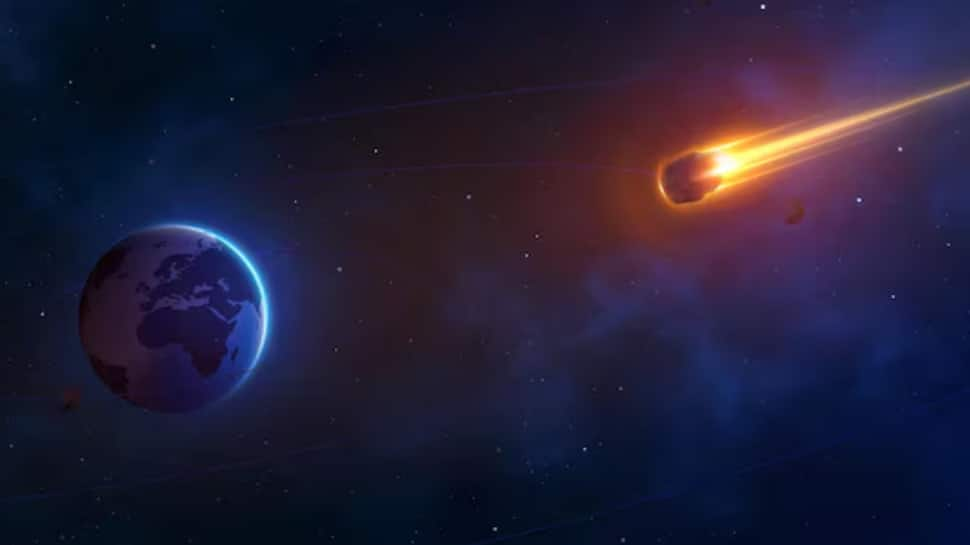Shocking Comet 3I/ATLAS: A rare interstellar visitor is racing through our solar system, and it’s unlike anything scientists have ever seen before. Comet 3I/ATLAS, only the third known object to arrive from beyond our solar system, has been dazzling astronomers since its discovery in July. With its bizarre chemical makeup, puzzling activity far from the Sun, and a strange “tail” unlike any other comet, this icy wanderer could rewrite what we know about interstellar bodies.
A Stranger From the Stars
By definition, interstellar objects are unpredictable, and 3I/ATLAS is proving just that. Detected hurtling toward the Sun, the comet quickly drew attention from NASA’s most powerful telescopes, including Hubble, James Webb, SPHEREx, and TESS. What they found left scientists scratching their heads.
Add Zee News as a Preferred Source
A Comet Like No Other
Most comets release water vapor as they near the Sun. But 3I/ATLAS is different. Data from SPHEREx and James Webb revealed it has the highest carbon dioxide-to-water ratio ever seen in a comet’s atmosphere, a strange sign that it formed in a very different environment from the comets we know.
ALSO READ | Alien Spacecraft Or Cosmic Visitor? 24 KM Long Mysterious Object 3I/ATLAS Speeds Toward Earth At 135,000 MPH
Even more surprising, NASA’s TESS found that the comet was already active when it was still six astronomical units away, beyond Jupiter’s orbit, where most comets remain frozen and quiet.
As NASA continues to study the interstellar comet 3I/ATLAS, two space telescopes have made new observations, together providing more information about its size, physical properties, and chemical makeup.@NASAWebb observed the object with its Near-Infrared Spectrograph instrument… pic.twitter.com/LwNd5C4MJI
— NASA Solar System (@NASASolarSystem) August 25, 2025
A Tail That Breaks The Rules
NASA’s Hubble spotted a teardrop-shaped cocoon of dust around its icy nucleus. But unlike typical comets, it didn’t have a distinct tail. This oddity has fueled speculation, with Harvard astronomer Avi Loeb even suggesting the object could be linked to extraterrestrial technology, though most scientists believe natural processes are behind its behavior.
ALSO READ | Are We Trapped Inside A Giant Black Hole? Latest Discovery Sparks Alarm Among Scientists
Where Did It Come From?
Researchers are still piecing together the comet’s origins. One theory suggests that its ices were exposed to stronger radiation than those in our solar system. Another idea is that it formed near the “CO₂ ice line” in its home star system’s protoplanetary disk. Whatever the truth, 3I/ATLAS carries secrets from another corner of the galaxy.
What’s Next For 3I/ATLAS?
Before it leaves our cosmic neighborhood, the comet will swing past Venus, Mars, and Jupiter. Scientists are hoping that probes like NASA’s Mars Reconnaissance Orbiter and Juno might capture closer looks as it passes by, giving us precious insights before it vanishes into deep space once again.
ALSO READ | 3.5-Billion-Year-Old Crater Discovery Sheds Light On Earth’s Ancient Impact History
Interstellar Comet 3I/ATLAS is no ordinary space rockm it’s a mystery wrapped in ice and dust, with chemistry and behavior unlike any comet seen before. As it streaks through the solar system, astronomers are racing against time to uncover its secrets, hoping it will reveal clues about how other star systems form.

